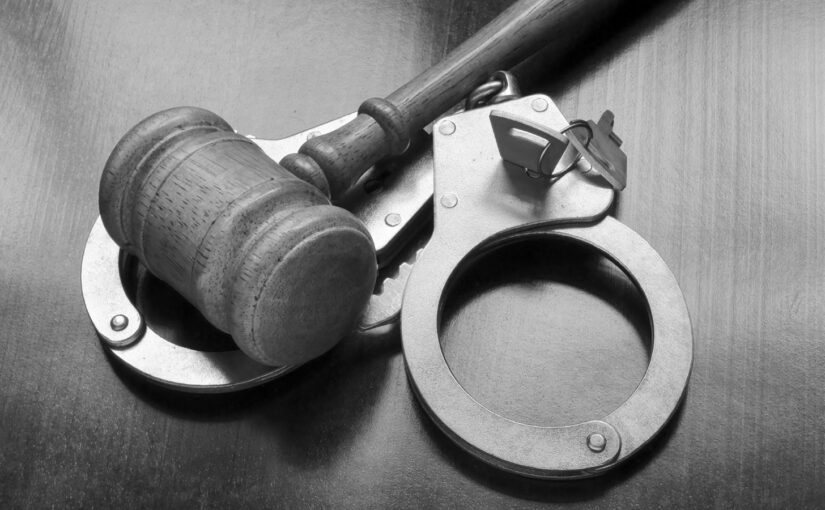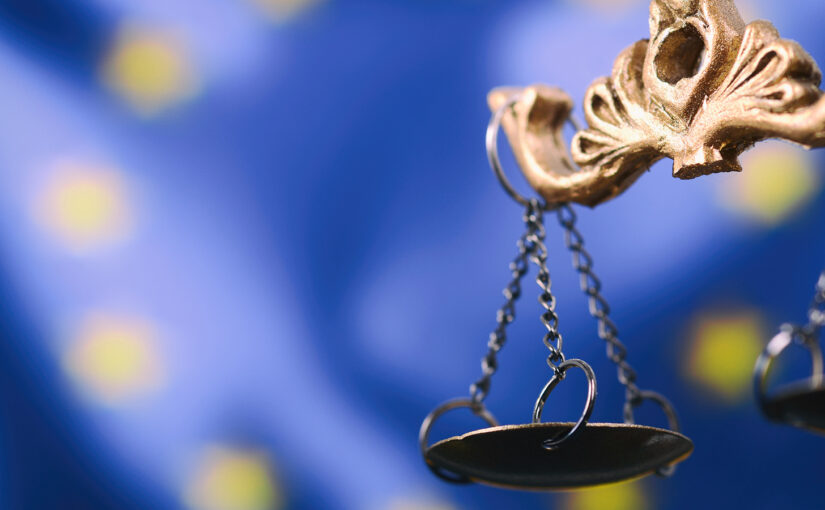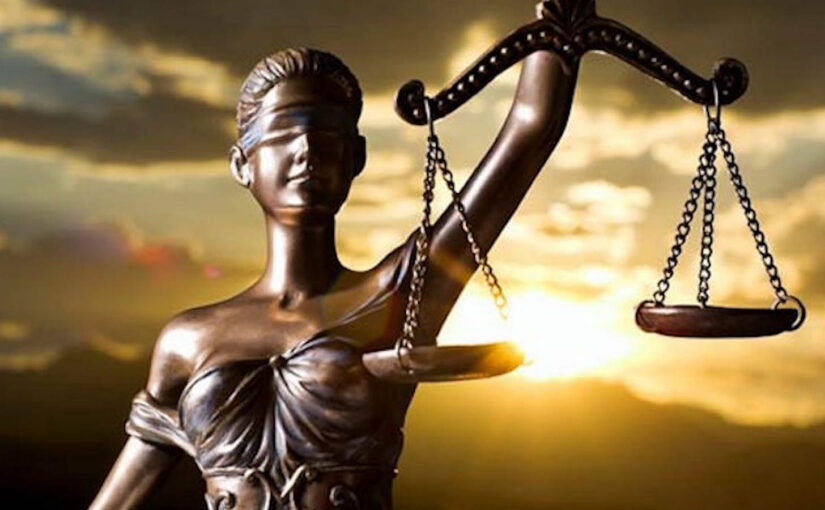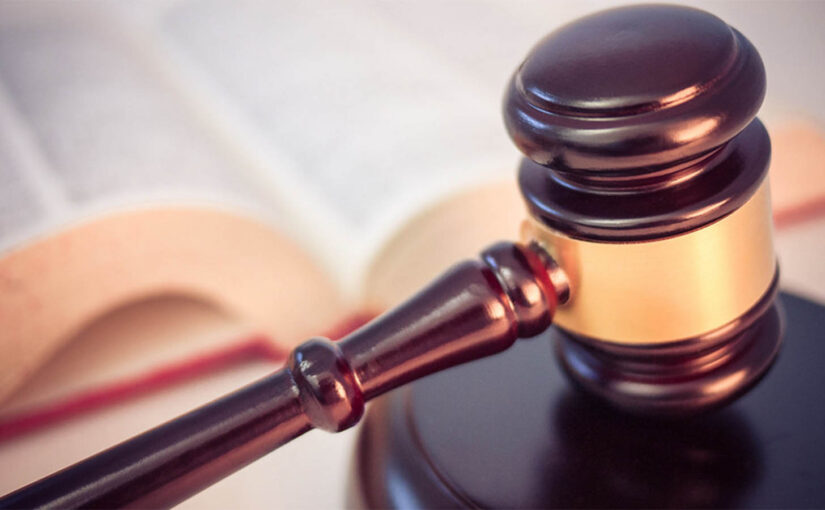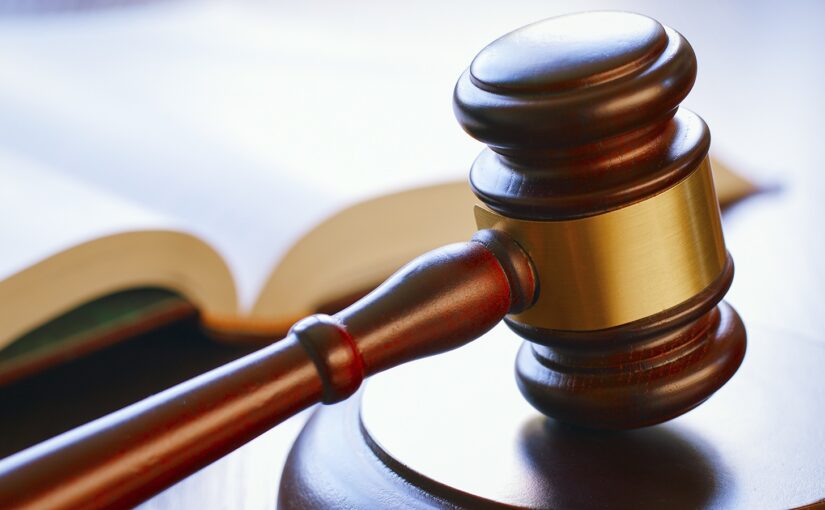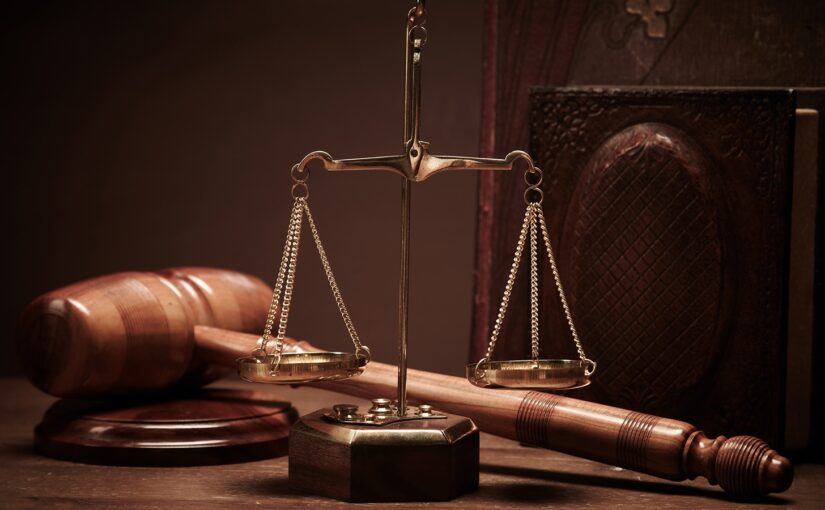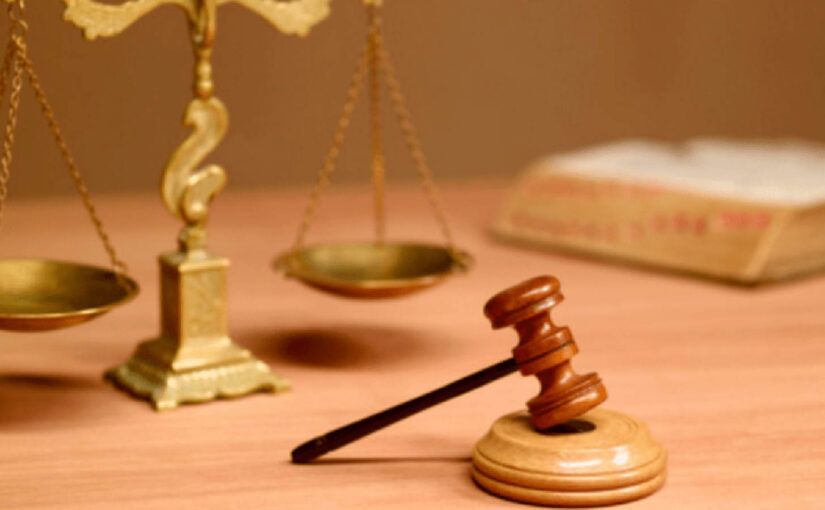Does a flawed “charge” inherently invalidate a conviction?
Legal Standards for Determining a “Flawed Charge A “flawed charge” in the legal context refers to a charge against a defendant that contains errors or omissions significant enough to potentially undermine legal proceedings. To understand if a charge is flawed and the degree to which it can affect a conviction, various legal standards are applied. … Continue reading Does a flawed “charge” inherently invalidate a conviction?
